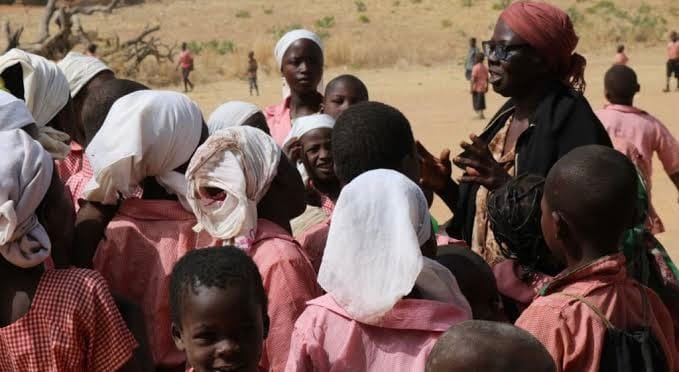[ad_1]
The United Nations Children’s Fund (UNICEF) has begun a five-year strategic plan to help Nigerian children left behind in developmental strides meet up with their counterparts in other parts of the world.
UNICEF spokesman Geoffrey Njoku said this on Thursday in Enugu during a ‘Training-Of-Trainers on Child Rights Curriculum’ for university lecturers for onboarding the course: Child Rights Reporting for Mass Communication and General Studies Module’.
Mr Njoku said that the five-year programme, which began in January, would run until 2027. According to him, many children in Nigeria are left behind in many areas, as Nigeria ranks 139 out of 15 countries in the Gender Index Gap.
He added that Nigeria had the world’s highest number of out-of-school children, at an estimated 10.1 million primary school-age children not in school.
Also, children in Nigeria continued to experience high levels of abuse, including recruitment by non-state armed groups, among other issues. He, however, said UNICEF, through the plan, was determined to change the trajectory.
“What we want to change is persistent and entrenched gender inequalities that cause girls to experience worse outcomes than boys. Insufficient government investment that leads to basic social services being financed by out-of-pocket expenditure, excluding millions of the poorest and most vulnerable,” stated the UNICEF official.
Mr Njoku said UNICEF was strengthening national and subnational systems in fragile contexts to eliminate poverty and malnutrition, improve health, ensure education and protect children and support emergency prevention, preparedness and response.
He stressed that UNICEF was pursuing risk-informed humanitarian and development nexus programming and strengthening the resilience of systems, households and communities.
“We are supporting the delivery of timely humanitarian assistance, including as a provider of last resort in nutrition, child protection, education and WASH in line with the principles of accountability to affected populations,” Mr Njoku explained. “Also, engaging the private sector as a supplier of goods and services, an employer, an innovator and investor and as an advocate for the wellbeing of women and children.”
Juliet Chiluwe, UNICEF’s chief of field office, said communicating children’s rights was a challenge, and a broad range of abuses against children emanated from ignorance of what constituted a child’s right.
(NAN)
[ad_2]
Source link



